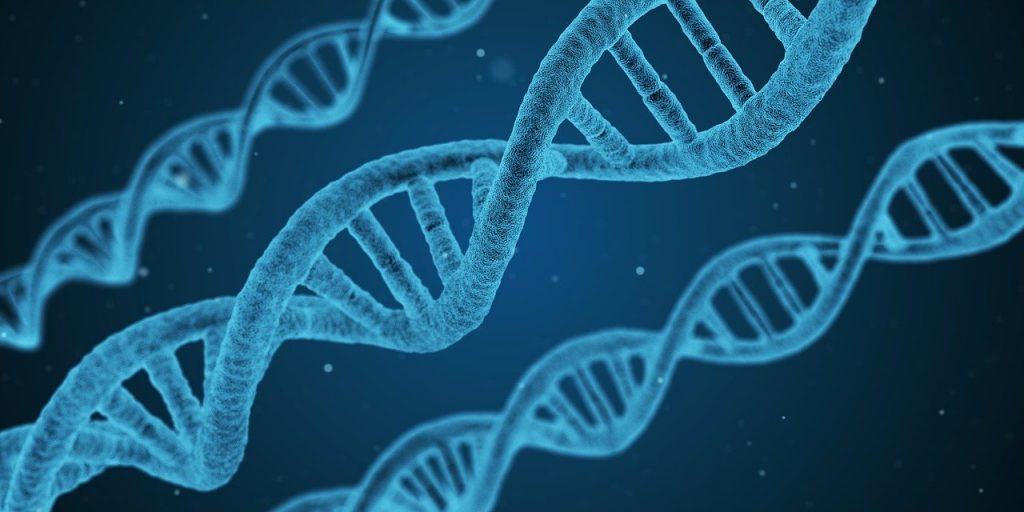Cancer in elephants is rare as less than 5%, that means the chance of death due to cancer is less in elephants. This is due to presence of p53 gene present in them. Although elephants are large and long-lived animals, factors that increase the risk of cancer, they rarely suffer from this disease.
A new study could explain the mystery of why elephants rarely get cancer. Elephants’ DNA has several copies of so-called “tumor suppressor genes.” These genes protect DNA, preventing malignant mutations that can trigger cancer.
Cancer is currently the second leading cause of death in the world. During 2018 9.6 million people died due to this disease. The number of people diagnosed increases every year, so knowing the causes of cancer and seeking treatment is a priority. Elephants may have part of the solution to the problem.
The cells of any organism divide to give rise to new daughter cells. When a cell deteriorates, undergoes a mutation, or has already divided too many times, it goes into apoptosis, programmed cell death, to avoid having defective cells in the body.
However, sometimes the genes that induce apoptosis are also altered, and cells continue to multiply uncontrollably despite being damaged. In this way tumors arise.
The elephant is the largest land mammal on Earth, lives for about 70 years and can weigh about six tons. To reach this size their cells have had to multiply many times. On the other hand, their long life also forces their cells to divide more times compared to other mammals that live less.
The combination of both factors generally increases the possibility of cell division failure and DNA alteration. These mutations could lead to the development of cancer. However, elephants rarely suffer from this disease. Cancer in elephants is rare due to special DNA present in them.
Cancer in elephants: The p53 gene, the cancer cop

Research from the University of Buffalo and the University of California has found that elephants have extra copies of the p53 gene, a known “tumor suppressor gene. ” The p53 gene is essential for the control of the cell cycle, as it leads the cell to apoptosis when necessary. When this gene undergoes a mutation, the damaged cells will not be eliminated correctly, and the chances of developing cancer increase. Since elephants have multiple copies of the p53 gene, they are more protected from these harmful mutations.
Elephants have multiple copies of the p53 gene that protects against cancer-causing mutations
Scientists have observed that this characteristic is not unique to elephants, some of their ancestors also had several copies of the p53 gene. There are even other animals evolutionarily close to the elephant that have even higher copy numbers. This suggests that this mutation that prevented the appearance of tumors arose long ago and facilitated the evolution of the large bodies of these animals. We could say that evolution found a way to reduce the risk of cancer.
There are small mammals, which also have extra copies of the p53 gene. For example, shrews, which belong to the Afroteria group such as elephants, or sloths and armadillos from the Xenartos group. This would explain the existence of giant sloths and megamadillos in the Ice Age.
To complete the study, they decided to check whether there were extra copies of other tumor suppressors in the elephants’ DNA. The researchers found that elephants have many extra copies of different genes. They also observed that its genome has other genes that protect cells from damage such as oxidative stress and aging. The combination of all these factors contributes to avoid the cancer in elephants.
Also Read | Wonderchicken: The bird of wonders that survived and killed dinosaur
